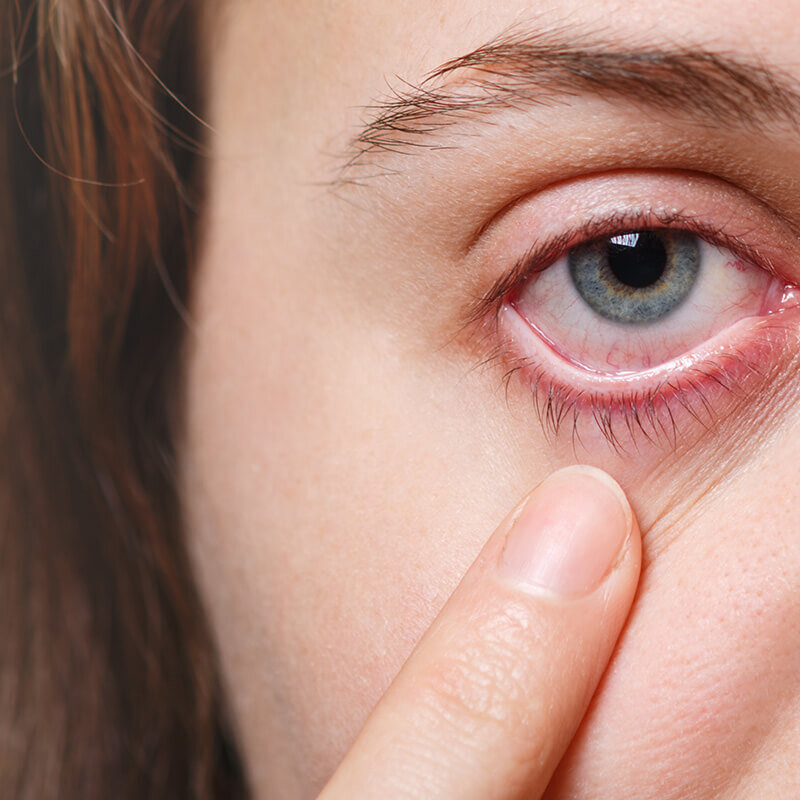Cocaine use disorder (CUD) represents a significant public health concern, characterized by the compulsive consumption of cocaine despite adverse consequences. Millions worldwide are affected, with a substantial number meeting the diagnostic criteria for CUD. The disorder not only impacts physical and mental health but also has profound social and economic consequences.

Diagnostic Criteria
According to the DSM-5, CUD is diagnosed when an individual exhibits at least two of the following criteria within a 12-month period:
- Consuming larger amounts of cocaine or over a longer period than intended.
- Persistent desire or unsuccessful efforts to reduce or control cocaine use.
- Spending considerable time obtaining, using, or recovering from cocaine’s effects.
- Craving or a strong desire to use cocaine.
- Recurrent cocaine use leading to a failure to fulfill major obligations at work, school, or home.
- Continued use despite persistent or recurrent social or interpersonal problems.
- Giving up or reducing important social, occupational, or recreational activities.
- Recurrent use in situations where it is physically hazardous.
- Continued use despite knowledge of a persistent or recurrent physical or psychological problem.
- Tolerance, requiring increased amounts to achieve intoxication or experiencing a diminished effect with continued use.
- Withdrawal symptoms or using cocaine to relieve withdrawal effects.
The severity of CUD is categorized as mild (two to three symptoms), moderate (four to five symptoms), or severe (six or more symptoms).
Symptoms and Health Consequences
Short-Term Effects
Cocaine use can lead to immediate physiological and psychological effects, including:
- Elevated heart rate and blood pressure
- Increased body temperature
- Dilated pupils
- Heightened energy and alertness
- Euphoria
- Decreased appetite
- Restlessness and irritability
- Anxiety
- Paranoia
Long-Term Effects
Chronic cocaine use can result in severe health complications, such as:
- Cardiovascular Issues: Irregular heart rhythms, hypertension, and heart attacks.
- Neurological Problems: Strokes, seizures, headaches, and movement disorders.
- Respiratory Complications: Chest pain, respiratory failure, and chronic infections.
- Gastrointestinal Damage: Abdominal pain, nausea, and bowel decay.
- Psychiatric Disorders: Paranoia, hallucinations, aggression, and severe depression.
- Nasal Damage: Loss of smell, frequent nosebleeds, and septal perforation.
- Infectious Diseases: Increased risk of HIV and hepatitis C, especially among those who inject cocaine.
Additionally, combining cocaine with alcohol produces cocaethylene, a substance that intensifies cocaine’s effects and significantly increases the risk of sudden death.
Causes and Risk Factors
The development of CUD is influenced by a combination of genetic, environmental, and psychological factors:
- Genetics: A family history of substance use disorders can increase susceptibility.
- Environment: Exposure to drug use, peer pressure, and socioeconomic factors.
- Psychological Factors: Individuals with mental health disorders, such as depression, anxiety, or ADHD, may be more prone to cocaine use.
Cocaine’s powerful stimulant properties induce feelings of euphoria and heightened energy, often leading to repeated use and dependence.
Treatment Approaches
Effective management of CUD requires a comprehensive approach that addresses the multifaceted nature of the disorder.
Behavioral Therapies
Behavioral interventions are central to CUD treatment:
- Cognitive-Behavioral Therapy (CBT): Helps individuals identify and modify harmful thought patterns and behaviors.
- Contingency Management: Uses a voucher-based system to reward abstinence.
- Motivational Enhancement Therapy: Strengthens an individual’s motivation to change and engage in treatment.
These therapies can be administered in both outpatient and residential settings, depending on the severity of the disorder.
Pharmacological Treatments
Currently, there are no FDA-approved medications specifically for CUD. However, research is ongoing to identify effective pharmacotherapies. Some medications, such as topiramate and modafinil, have shown promise in reducing cravings and relapse rates. Disulfiram, used for alcohol dependence, has also demonstrated potential benefits when combined with behavioral therapies.
Supportive Services and Relapse Prevention
Long-term recovery often requires additional support, including:
- Support Groups: Programs like Narcotics Anonymous provide peer support and accountability.
- Dual Diagnosis Treatment: Addressing co-occurring mental health conditions improves treatment outcomes.
- Lifestyle Modifications: Regular exercise, stress management, and healthy social connections contribute to sustained recovery.
MYHEALTHMAG